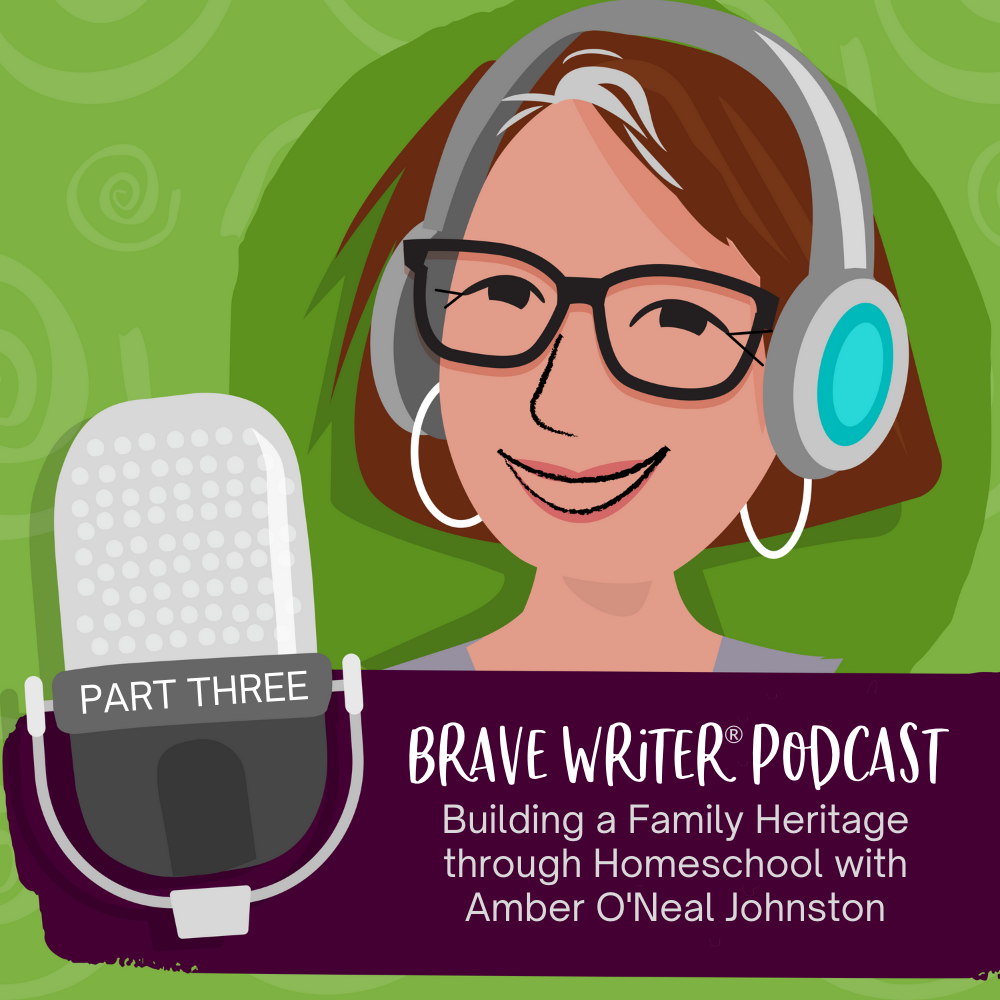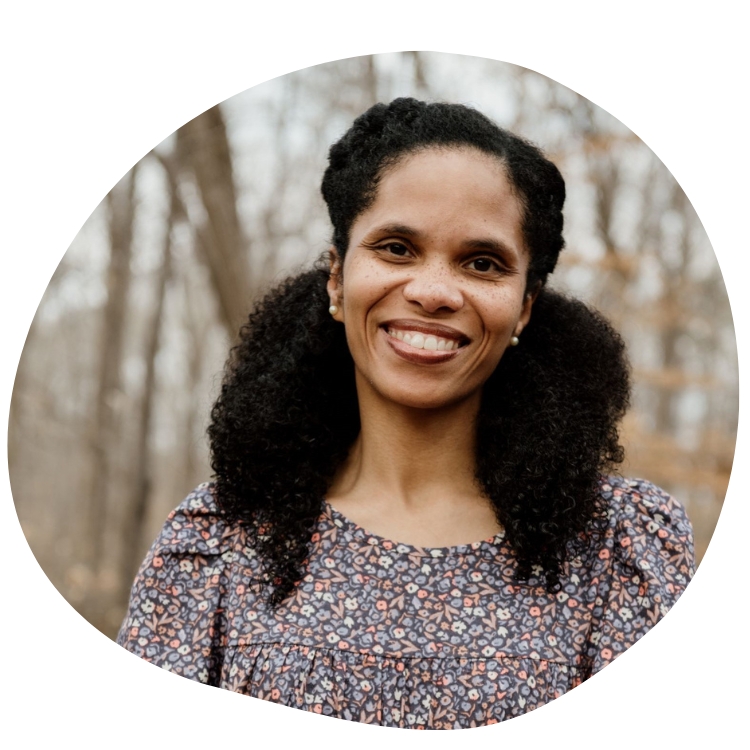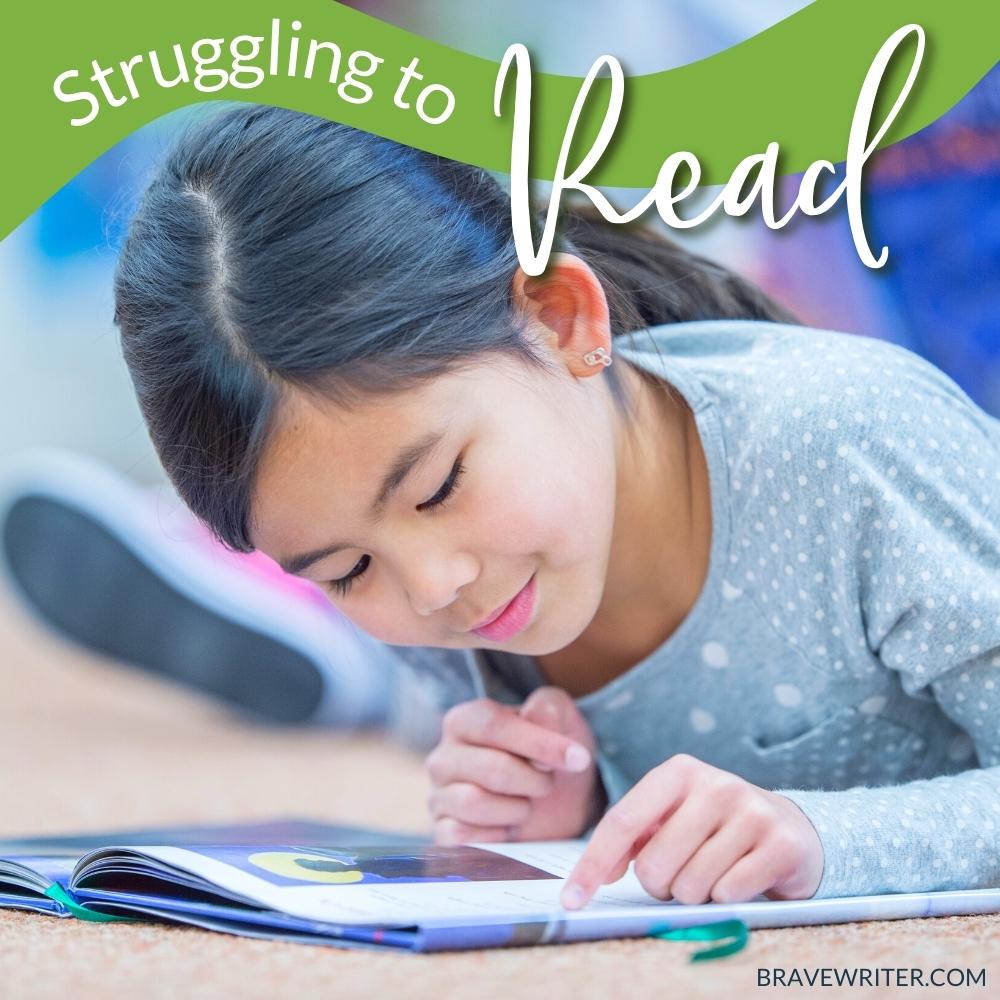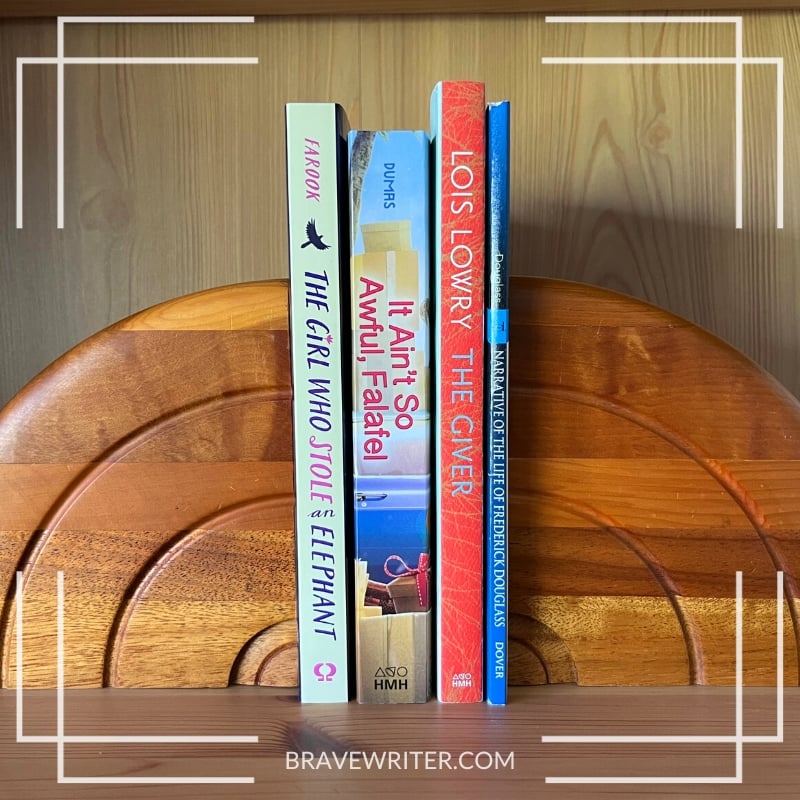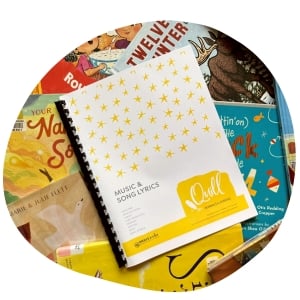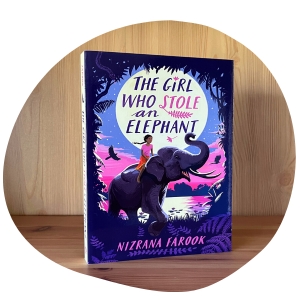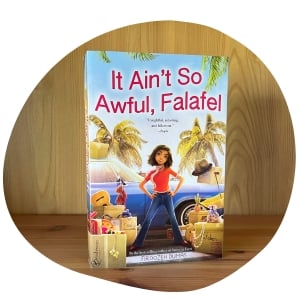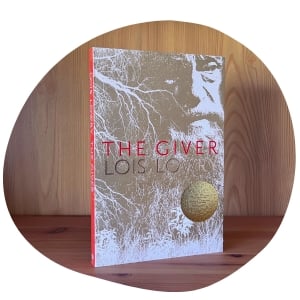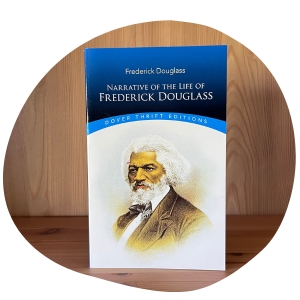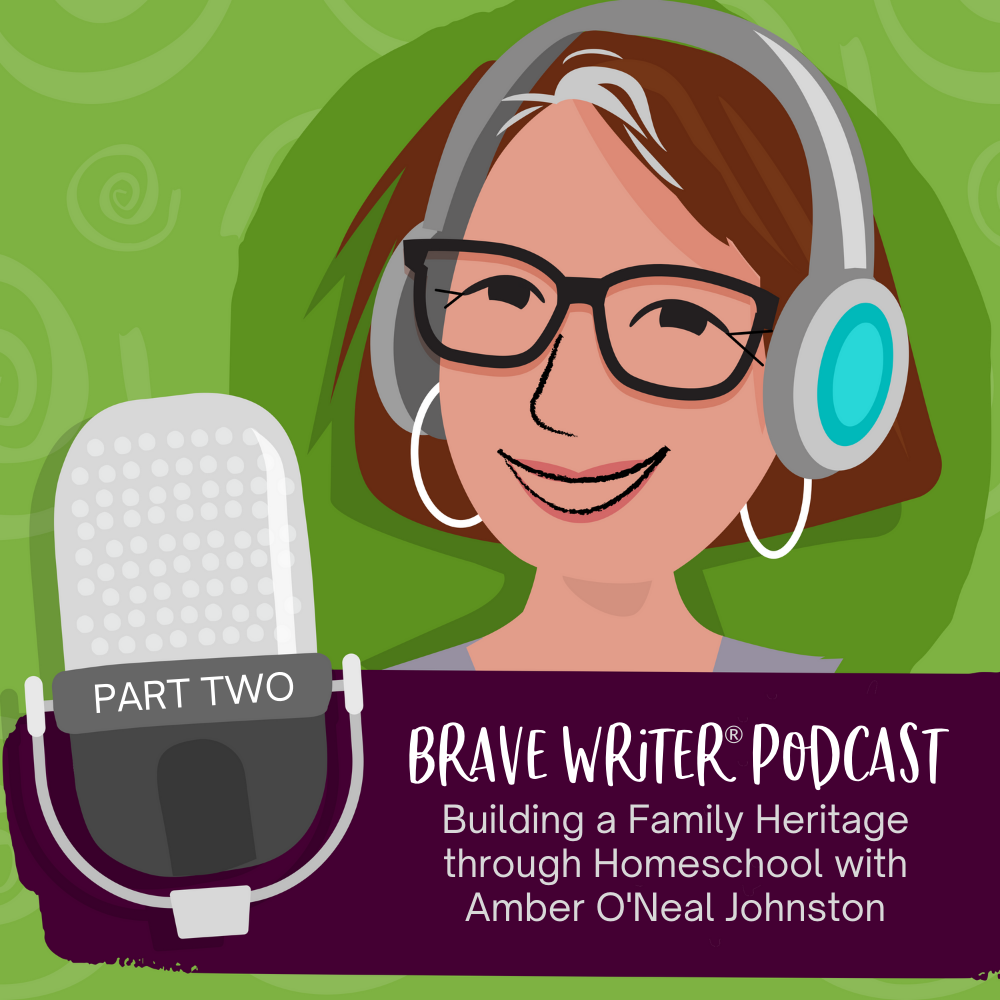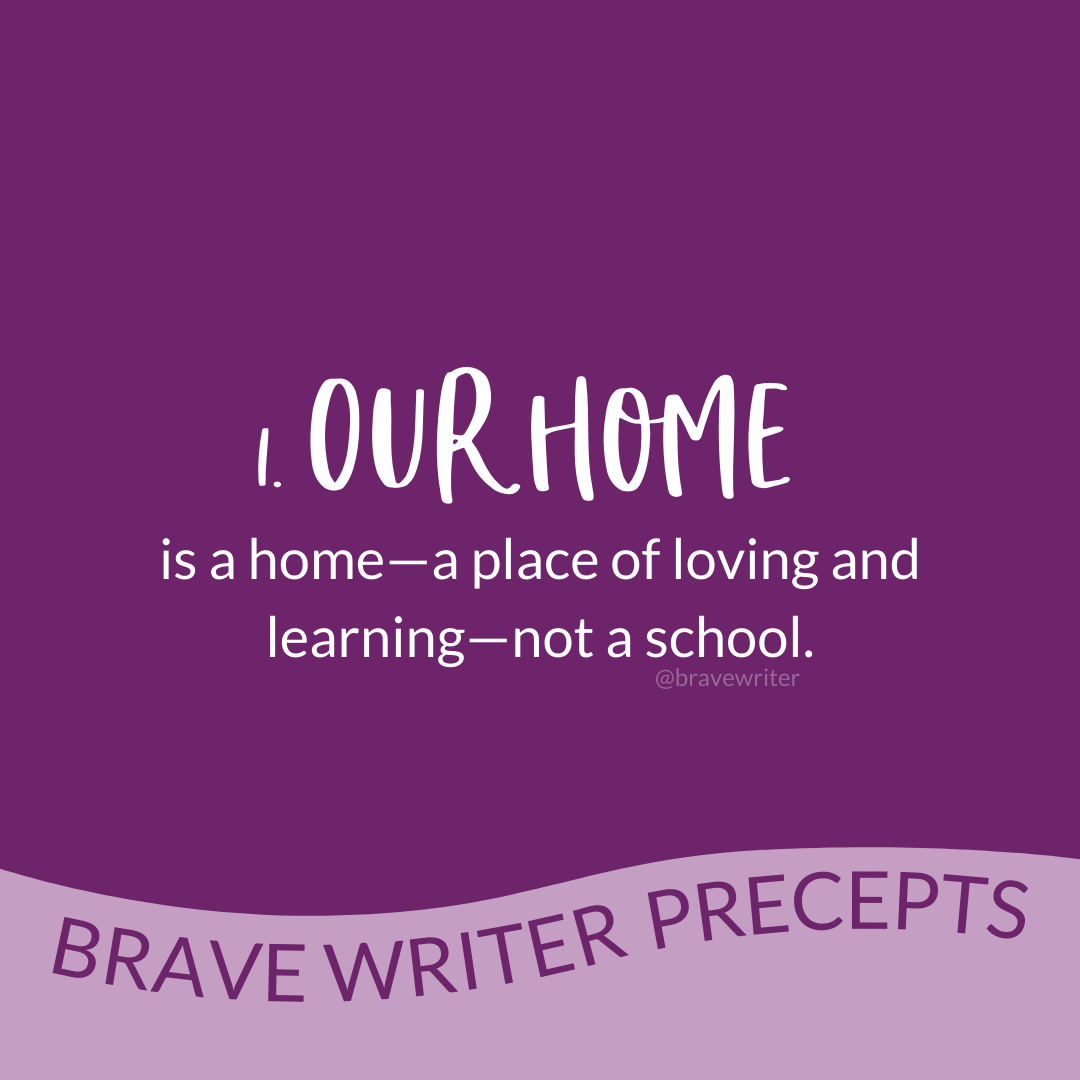
The first Brave Writer precept is: Our home is a home—a place of loving and learning—not a school.
Lots of parents ask me how to leave school and embrace a life of learning with their children at home. My mission inside Brave Writer (my company that teaches writing, language arts, literature, and how to homeschool) is to support parents of any kind who choose to invest deeply in their children’s education.
Homeschoolers invest by staying home with their children and providing the primary instruction for the school subjects.
Some people see homeschooling as what I call “School to Table.” They take the textbooks and worksheets of school and implement a schedule that looks like a classroom.
Recast Learning
That said, homeschool offers an opportunity to recast learning into a vibrant, self-paced adventure that the family shares.
My book, The Brave Learner, is a great starting point for envisioning a different way of life for learning (whether you homeschool full time or simply invest deeply in your child’s education after school). Ironically, the brave learner in my book is YOU—the parent—learning how to provide the best context and most joyful approach to learning.
Becoming a Brave Learner requires a paradigm shift—
- to find your footing,
- to grow your practice,
- and to feel comfortable in your own skin as a home educator.
So I’ll be sharing Brave Writer’s 12 precepts over the next weeks. These concepts enable homeschool parents to find their way to joy, peace, and progress.
These are not merely pretty words. Save them in a file and read them over morning coffee or tea as a meditation.
Allow them to:
- ground,
- orient,
- and guide you.
Try them as personal copywork. And let your homeschool-curious friends know!


